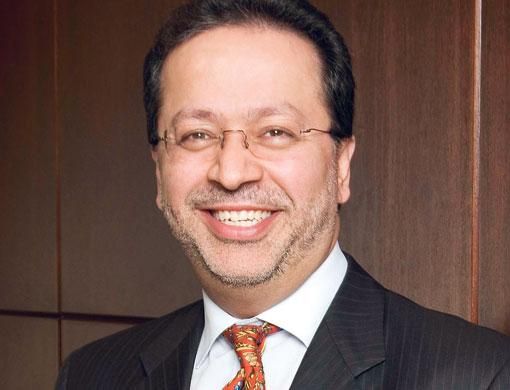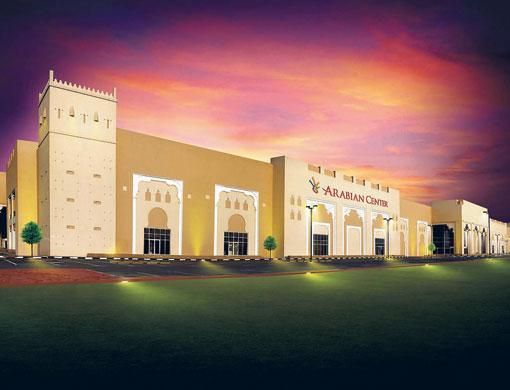Dubai: From his mezzanine floor office at the Mazaya Centre, Jayant Ganwani, chief executive of Lal's Group, could see part of the old Jumeirah 1 - a place that is yet to change, unlike other districts of Dubai that until recently were racing each other to change and grow.
This patch of land is still dominated by typical Arabic villas with open spaces and some modern designer bungalows that reflect peaceful coexistence of tradition and modernity - something the UAE is well known for.
A few shops, a cafeteria - run mostly by some residents from the southern Indian state of Kerala - serve the essential grocery needs of the small community.
On the other side, however, lies Shaikh Zayed Road - a vibrant landscape that is changing and growing constantly - outpacing time, or so it feels.
Dubai's retail landscape has also changed over the last decade and a half - although not as fast as real estate. The current econ-omic situation is forcing retailers to rethink strategies.
"Good judgement comes from experience. Experience comes from bad judgement," Ganwani says.
"The middle market remains resilient although the high-end retail segment has taken a hit.
"The consumer's pocket has come under pressure. We would pass on any benefits to our customers, if we could. I foresee a reduction in prices."
Ganwani's company, which operates Lamcy Plaza and Sharjah Shopping Mall, last week launched Arabian Centre Mall in Mirdiff that marks the company's shift towards mainstream retailing after lying low for years, although his company has been in furniture, clothing, fast moving consumer goods retails.
Sprawling over 80,000 square metres, the mall will be home to over 175 renowned brands ranging from clothing to home furnishings, electronics, jewellery, perfumes, fashion accessories, toys and games.
The mall also houses a hypermarket - World Mart.
With the first of its kind fully Digital8 screen cinema, health and medical centres, children's day care centres and banks, the Arabian Centre Mall is a complete family destination.
"After the grand success Lamcy Plaza, we are very optimistic about our new venture. The Arabian Centre Mall is an all encompassing destination bringing high-end retail brands, cinemas, restaurants, health facilities, home furnishings, toys and games and a hypermarket, meeting the expectations of individuals and families alike," he says.
Ganwani's father Lal Ganwani founded the family's business - Lal's Group - in 1979. He was joined by Al Maya - owned by his brother-in-law in 1982 - to create Al Maya Lal's Group, which along with Choithram and a couple of other supermarket chains, once dominated the organised retail business in the UAE in the 1980s.
These supermarkets and neighbourhood stores cashed in on the retail boom of the 1980s - before the hypermarket boom took over in 1995 when Continent - the predecessor to Carrefour - followed by Emke Group's massive foray with Lulu hypermarkets.
"A lot of things changed in between. Dubai's retail landscape has graduated from the souq or bazaar culture to more organised retail," says Ganwani.
"The customers have become more sophisticated. Today's customer looks for value for money, quality for money and good services for money."
The hypermarket competition nearly eliminated the traditional supermarkets, as they managed to bring down prices of essentials due to bulk sales.
The price of a 24-can crate of soft drinks had come down Dh9 from Dh22. Such price benefits snatched the middle income group from the supermarkets to the hypermarkets.
A number of Lal's, Choithram's and Hassani supermarkets began to close down in the 1990s - paving the way for Carrefour, Lulu and co-operatives.
In 2003, Al Maya Lal's Group split assets. Al Maya focused on neighbourhood stores, while Lal's concentrated on distribution and franchaising.
Although sales in January and February were good due to strong local consumption, retailers have begun to feel the pinch due to lack of tourists.
"The year 2008 was the best for the UAE's retail sector," he said.
Going forward, Ganwani says the time has come for retailers to become more customer centric.
"The time has come to return to basics - become customer centric, service centric," he says. "Because the customer is not only the king - he is super king!"














